Last year the Games and Amusements Board (GAB) of the Philippines, the country’s governing body for sports and competitions, gave professional gamers official recognition as athletes under Philippine law.
This allowed individuals to obtain pro gamer licenses under the GAB, provided that they are able to pass certain standards and requirements—one of which is a mandatory drug test.
This time, however, the GAB has mandated even more rules for the esports industry in the country. Yesterday, the board published a resolution outlining several guidelines and prerequisites for obtaining licenses, as well as imposing fees and other stipulations on tournaments held on Philippine soil. The mandate was signed on Oct. 17 last year.
The document, officially designated as Resolution No. 2017-21, is entitled “Guidelines Governing the Conduct of Electronic Sports (E-Sports) in the Philippines.” Section 2 of the document defines professional esports events as any video game competition played between licensed pro gamers. All pro gamers participating in events held in the Philippines are required to apply for a license, whether they are Filipino citizens or not.
Professional events under this definition are subject to the permission of the GAB, thus requiring organizers to pay additional fees in order to obtain the necessary permit. The permit costs 800 pesos ($16) per day, per individual esports title played as part of the event itself—such as in the case of multi-game conventions like the Electronic Sports and Gaming Summit (ESGS). Events without permits will not be allowed to continue operation.
In addition, the resolution states that organizers must set aside three percent of the revenue from ticket sales, as well as any revenue from “television, radio, and motion picture rights”—which will then be remitted to the board as its share of the income.
Tournaments that serve as qualifiers for higher competitions (i.e. regional qualifiers for Dota 2 Pro Circuit events) are not covered by this definition. Moreover, the resolution does not classify events with a purely amateur field (meaning no licensed players participating) as a “professional event”.
However, should such an event have a prize pool or token serving as the prize that exceeds the value of 10,000 Philippine pesos (around $200 at the time of writing), it automatically becomes a professional event under Section 2. This has raised concerns among esports fans and figureheads in the Philippines, particularly those in grassroots organizations who will have to spend more money running tournaments with smaller than average payouts.
Moreover, such events will require all participants to have licenses of their own—which may not be practical for amateur players or those who simply wish to try their hand at competing. Local fighting game tournaments come to mind first in this regard, whose typically minimal production and open nature may suffer from these rules.
Finally, the resolution also outlines the fees for obtaining a pro gamer license. Players must fork over 800 pesos to apply for a license, with higher-ups like managers and coaches having to pay even more. Player licenses are valid for one year from the date of issuance, while all other licenses are valid for two years.
The drug test, which caused Dota 2 developer and publisher Valve to revoke Pro Circuit Major status from Galaxy Battles II: Emerging Worlds (scheduled for Jan. 15 in the Philippines), still remains as a requirement for acquiring a pro gamer license. However, according to Philippine esports community figure Ren Vitug, who posted the scans of the document on Facebook, only players are required to undergo drug testing.


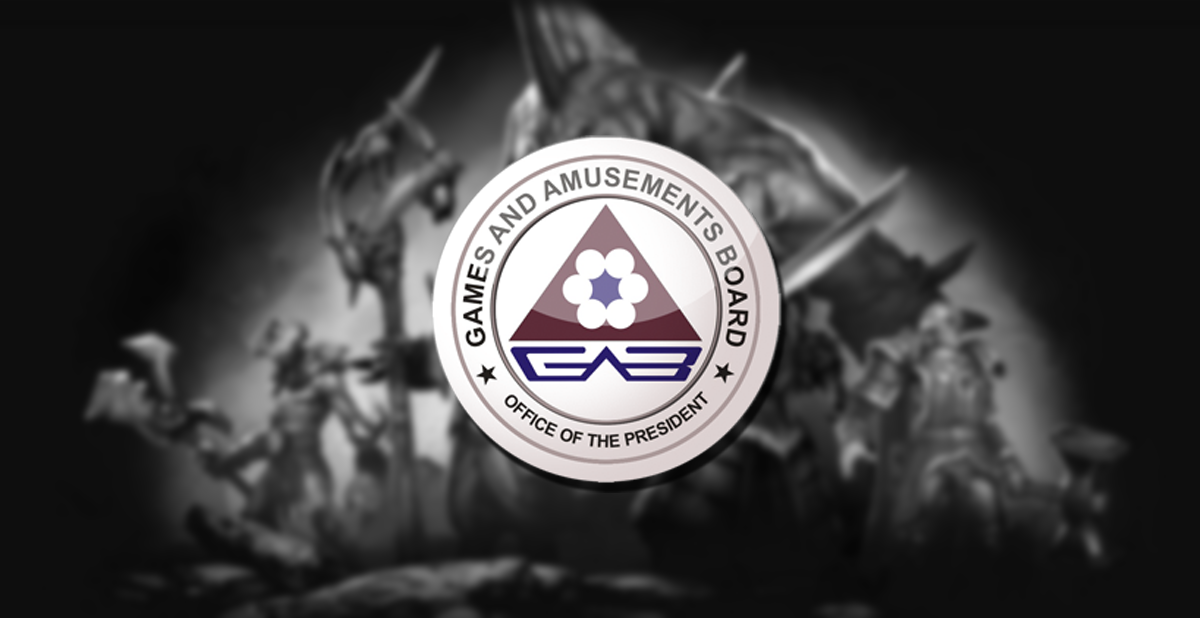

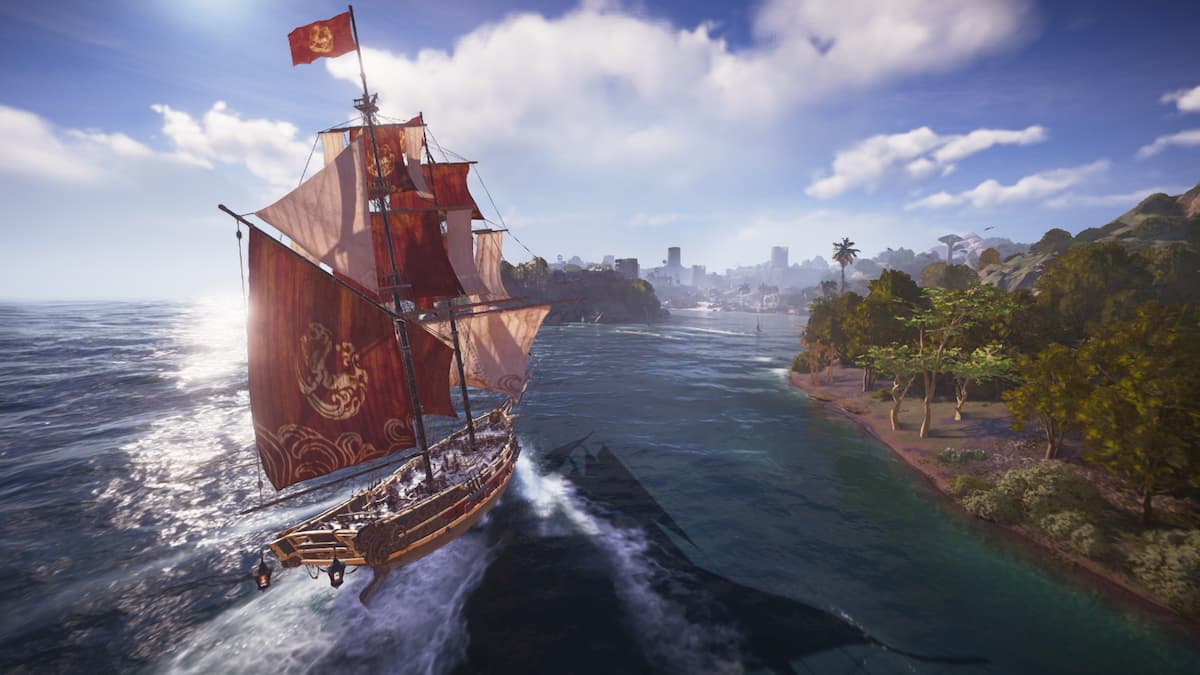

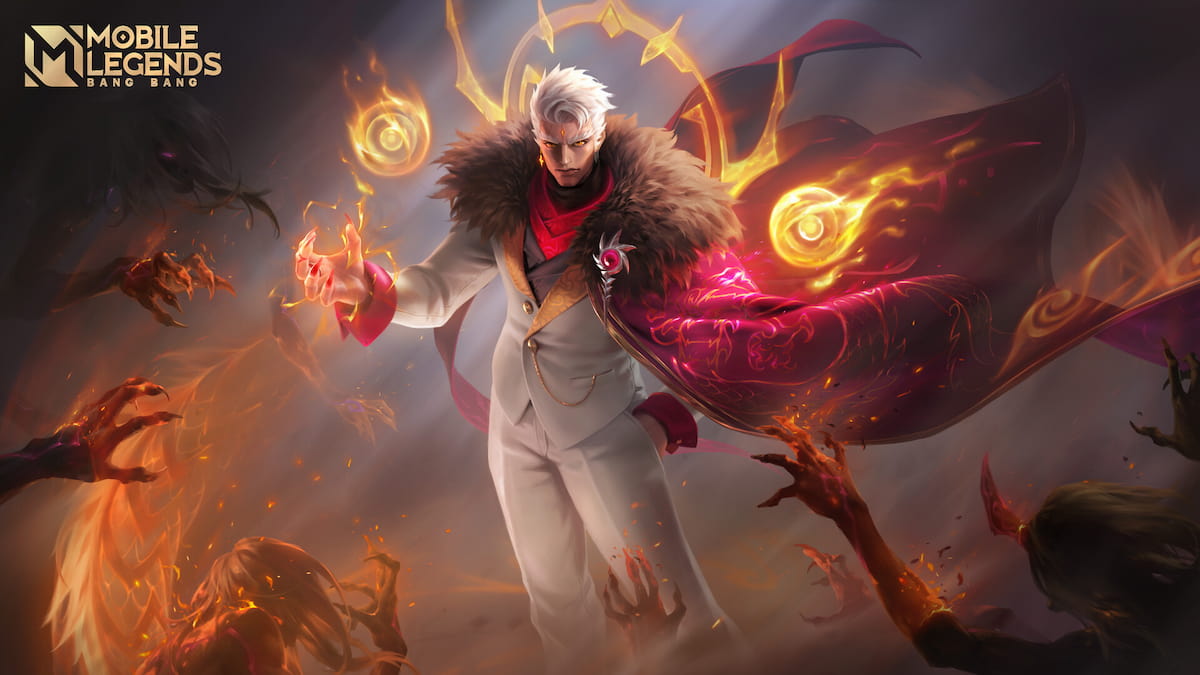
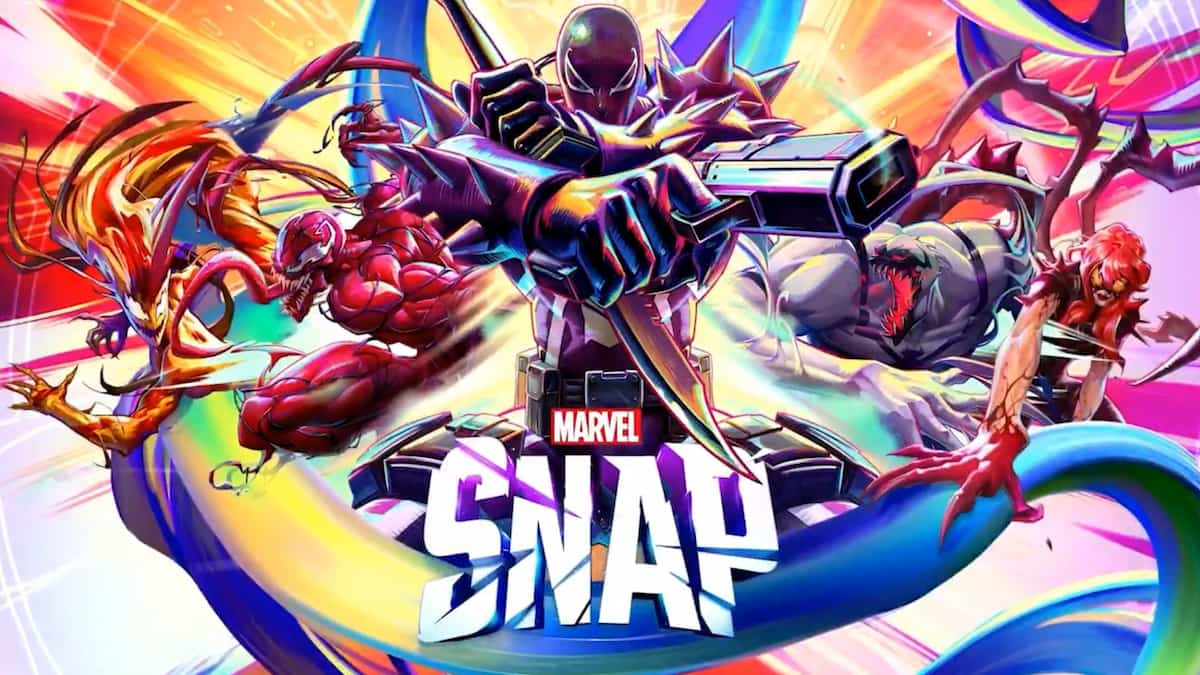


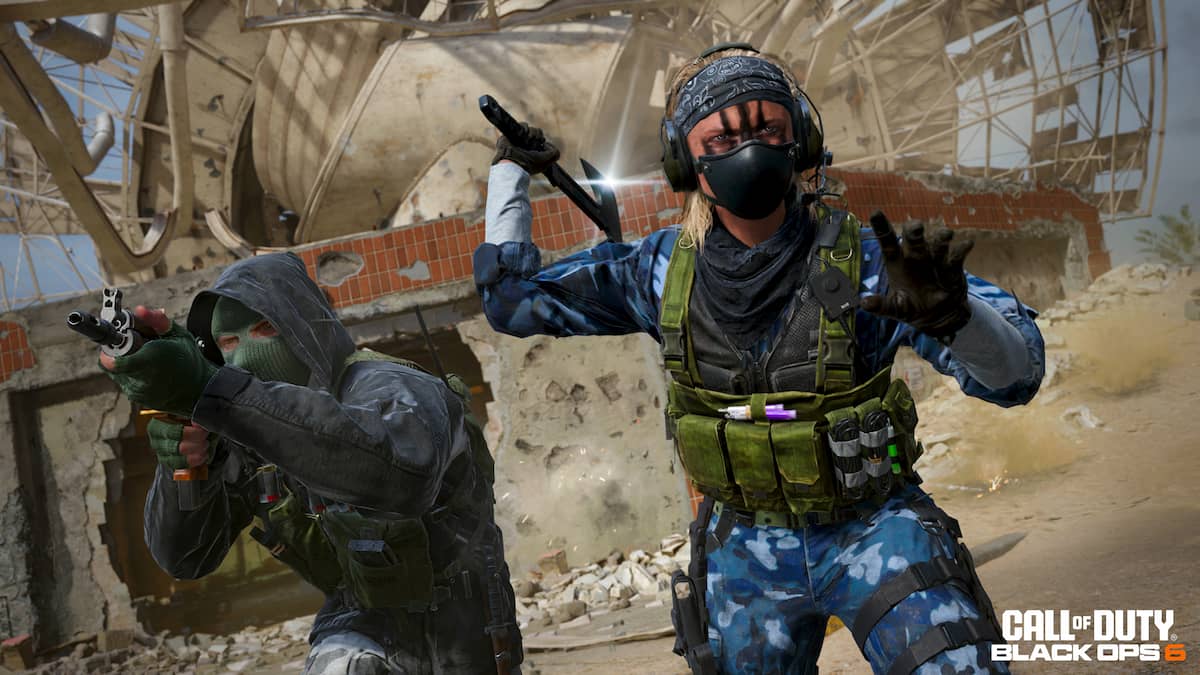
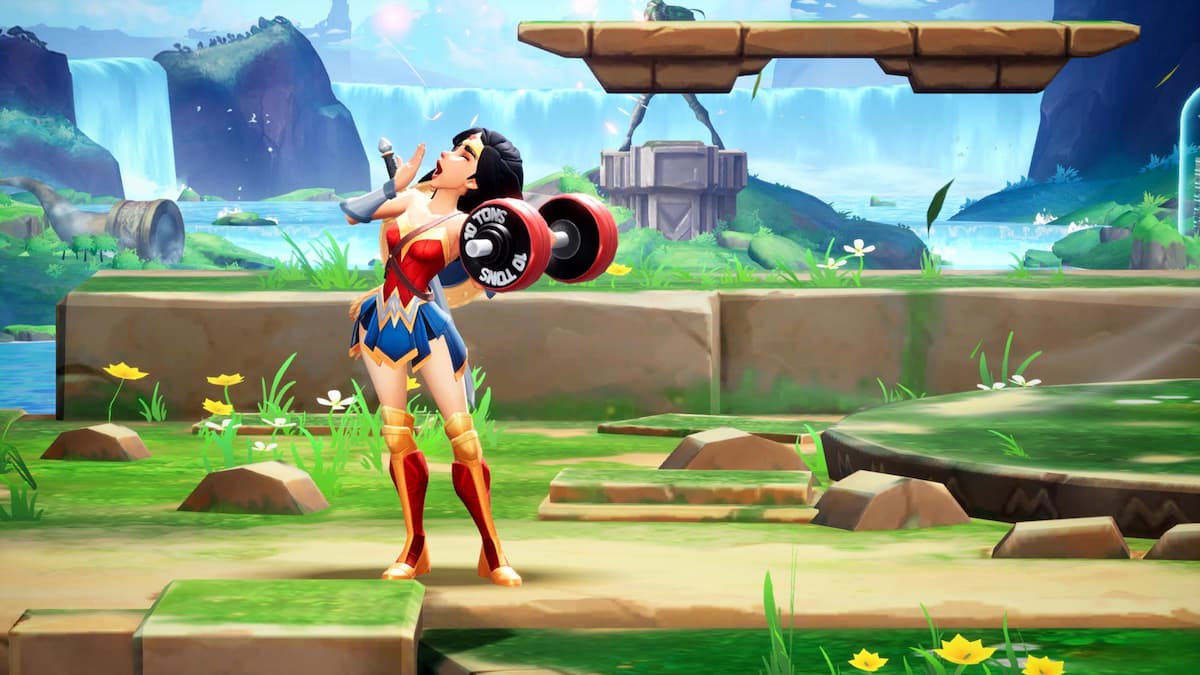
Published: Jan 11, 2018 08:07 am